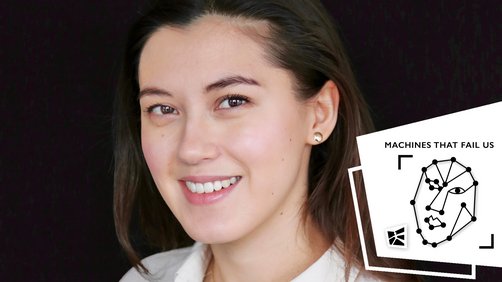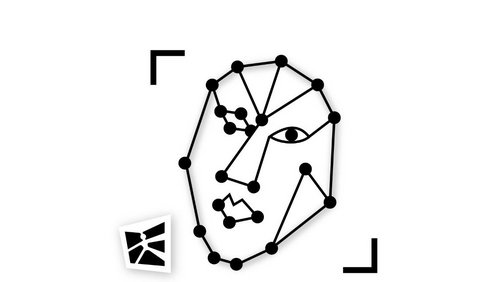Campus - 23.11.2023 - 09:11
HSG students explore AI regulation in Singapore
Several countries and international organisations want to enact regulations on the use and development of artificial intelligence (AI). HSG students in Singapore have explored how its government and local companies are working with AI and dealing with legal and ethical challenges. The Asian city-state is regarded as an actual AI laboratory.

Singapore is a pioneer in the regulation of artificial intelligence: the city state's government issued a "Model AI Governance Framework" back in 2019. This gives companies a relatively large amount of freedom and thus enables new developments. A group of HSG Master's students travelled to Singapore at the beginning of November as part of a course to engage in an academic exchange with politicians, start-ups and companies on the topic of AI regulation and ethics. The study trip entitled "AI Governance & Ethics in Asia and around the World", led by AI expert Miriam Meckel and ethicist Thomas Beschorner, focused on regulatory issues in the field of digitisation and AI.
"By chance, the regulatory efforts of various nations and international organisations overlapped during this week - so the students were able to work with the topic in a very practical way," says HSG Professor Miriam Meckel. For example, US President Joe Biden presented an AI decree, the G7 countries agreed on a code of conduct for AI development and 28 countries agreed on a declaration on dealing with AI risks at the AI Saftey Summit in the UK. At the same time, the EU member states have been struggling for years to finalise their AI Act.
"Exceptional experience" for students
"The academic exchange over several days with a wide variety of players from the world of practice on the topic of AI was central to the learning experience. We didn't simply want to organise a traditional course in Singapore, which could also have taken place at the HSG," says HSG Professor Thomas Beschorner. Singapore has a very liberal economic system and also allows companies a lot of freedom in AI development. "Singapore is therefore a real AI laboratory that wants to play a leading role worldwide. And of course, this course was also about intercultural learning," says Beschorner.
As a first step, the students were introduced to the small multicultural state with around six million in-habitants by Chieh Hsu, Assistant Professor at the St. Gallen Institute of Management in Asia (SGI-HSG). A tour of the city, including a visit to the Urban Development Authority, rounded off the introduction.
The students then met with a person responsible for policy and regulation at Google for an academic exchange. They had previously worked in groups to familiarise themselves with various issues relating to the regulation and ethics of AI. "We analysed AI regulatory approaches from all over the world," says Nicolas Quell, HSG Master's student in Marketing Management. "This course was an exceptional experi-ence and very enlightening thanks to valuable discussions with various experts," continues Quell.
Academic exchange with communication ministers
16 students from ten different HSG Master's programmes took part in the interdisciplinary course. The course is part of the "Asia Compact" series, which was organised as part of the HSG Contextual Studies programme. This makes up a quarter of the HSG's degree programmes and supplements the core studies with historical, Humanities & Social Sciences and ethical perspectives.
In addition to Google, the students discussed with Saif Farooqui (in the picture above with the course participants), founder of the start-up CorgiAI, which has developed an AI application that recognises fraudulent activities in digital payment transactions. The highlight of the three-day course was an academic exchange with Kiat How Tan, Senior Minister of State at Singapore's Ministry of Communications and Information. The focus was on the peculiarities of the Singaporean AI model and the insights gained from it.
Field studies on AI implemented in Singapore
HSG students also continuously applied the knowledge they had gained in practice: they developed small field studies on site in which they interviewed passers-by on topics such as surveillance by AI or the design of AI products.
"The very intensive course made it clear once again how much is currently in flux in the field of AI regulation - and that there are many ethical considerations to be discussed in connection with AI," say Meckel and Beschorner. The students on the course see it similarly and look back on a special experience: "This week was more than just a chapter in my HSG journey; it was a live case study in the unfolding narrative around AI governance - as it happens, where it happens," notes Luka Bekavac, HSG Master's student in Computer Science in a LinkedIn post.
More articles from the same category
This could also be of interest to you
Discover our special topics















